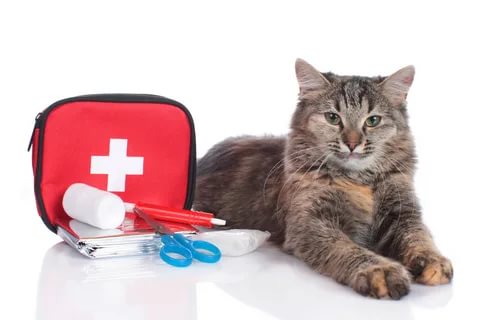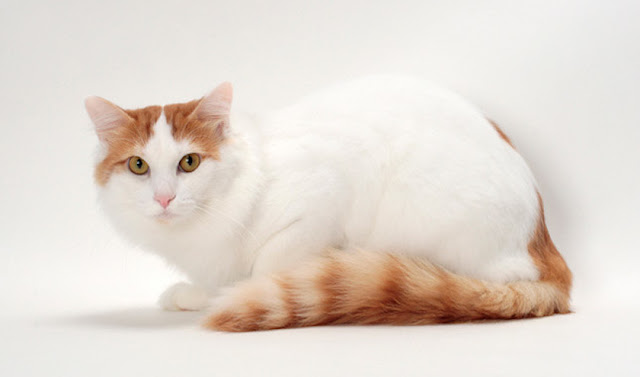🐾 Remdesivir for Cats: What You Need to Know
Remdesivir is an antiviral medication used in the treatment of Feline Infectious Peritonitis (FIP) in cats. It acts as a precursor to GS-441524, the active compound shown to be effective against this disease.
🧬 What is Remdesivir?
Remdesivir is primarily known as an antiviral used in humans for certain viral infections. Studies have shown that GS-441524, the active metabolite of remdesivir, is effective against the feline coronavirus that causes FIP. Because of this, veterinarians sometimes use remdesivir as an off-label treatment for cats with FIP.
💉 How It’s Used
Remdesivir is usually administered via subcutaneous injection, especially for cats that cannot take medications orally. Dosages depend on the cat’s weight and overall health, and should always be determined by a licensed veterinarian.
⚠️ Possible Side Effects
Side effects in cats may include:
-
Pain or swelling at the injection site
-
Changes in appetite or behavior
-
Nonspecific symptoms such as lethargy or vomiting
Cats should be closely monitored during treatment, and any unusual symptoms reported to a veterinarian immediately.
✅ Effectiveness
Studies suggest that treatment with GS-441524, whether through remdesivir or related formulations, can be highly effective in treating FIP, with reported recovery rates of 80–90% in some cases.
⚠️ Important Notes
-
Never use human medications for cats without veterinary guidance.
-
Remdesivir for cats is considered off-label and should only be used under veterinary supervision.
-
Alternatives like GS-441524 may be more accessible and cost-effective.
Remdesivir can be a potential treatment option for cats with FIP, particularly in urgent cases or where other treatments are unavailable. However, it must always be administered under veterinary care, taking into account potential side effects and alternative therapies.
For more information about FIP treatment in cats, consult a qualified veterinarian or trusted animal health resources.
If you want, I can also make an even more reader-friendly version suitable for pet owners, with simpler language and clear tips for monitoring a cat during treatment. Do you want me to do that?







Post a Comment